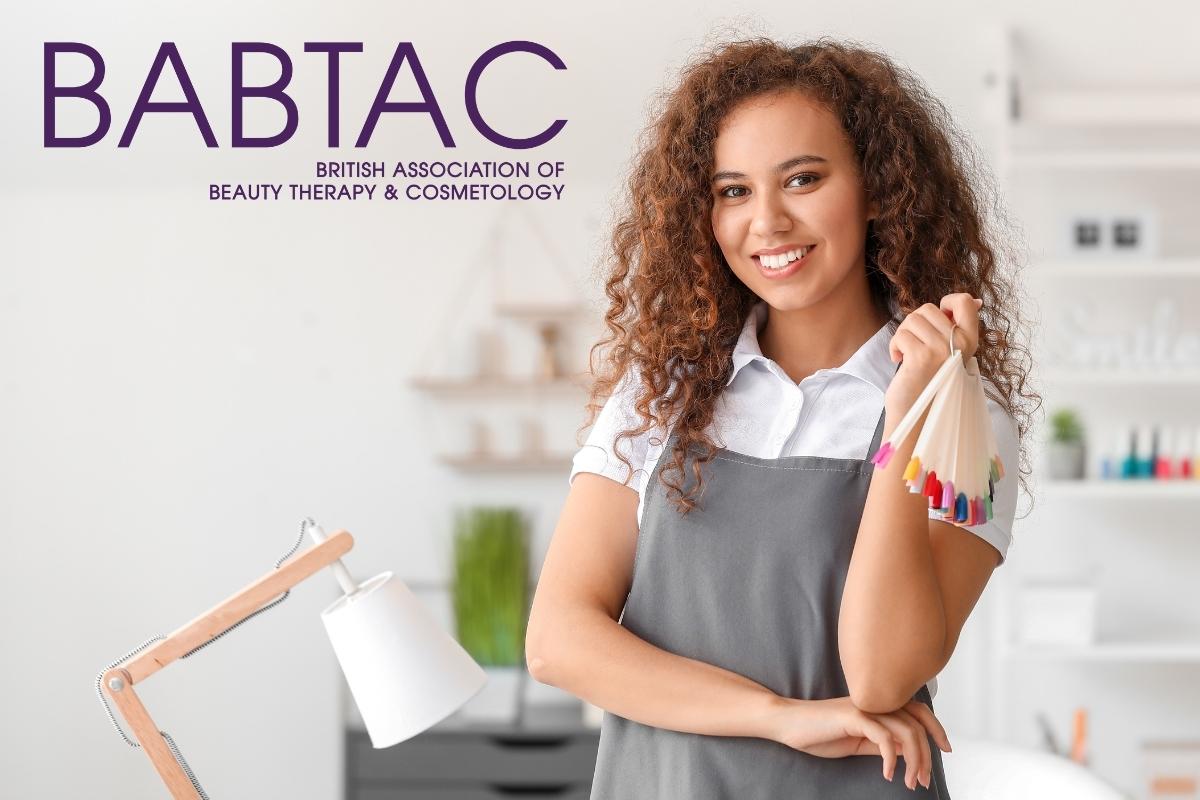
BABTAC report indicates potential for beauty boom
By Rebecca Hitchon | 19 July 2022 | News

Two years on from the start of the Covid pandemic, The British Association of Beauty Therapy and Cosmetology (BABTAC) has released a report exploring its lasting impact on beauty services.
The report analyses the positive effects that the pandemic had on the beauty sector, highlighting its resilience in challenging circumstances.
More than 3,500 businesses were set up with the term ‘beauty’ in their name in 2020, compared to less than 500 in 2014, leading to ‘beauty’ now appearing in more business titles than any other word. The report attributes the increase in beauty start-ups to a rise in people becoming self-employed and pursuing beauty ‘side hustles’.
In total, 7,083 hair and beauty businesses launched in 2020.
The report acknowledges similar rises in bookings for hair and beauty businesses since the pandemic, as more consumers have begun to prioritise wellness and self-care. And so, the pandemic improved public support for the industry, bringing about more acceptance of deposits and cancellations fees and highlighting demand for beauty services.
These findings are clear when looking at mobile therapists and businesses located on local high streets, who have reported a steadier flow of clients throughout the week. However, for inner-city salons, the increase in consumers working from home has led to reduced footfall.
When salons reopened in June 2020, there was a 2,250% increase in bookings compared to before the pandemic. This rise continued after the lifting of later lockdowns.

Other advantages brought about by the pandemic include innovation in the digital world. Many hair and beauty salons implemented systems allowing for virtual consultations with new clients nationwide, as well as improved online booking systems and online retail offerings. Some even swapped print magazines for virtual entertainment content to offer a more tailored client experience.
Live video masterclasses are another area that the report finds that beauty businesses embraced, with the sector seizing the opportunity for increased social media engagement at the height of the pandemic, with no other way to communicate with clients.
44% of salon owners focused on growing their social media profiles in 2021.
Despite the positive impacts that the pandemic had on the hair and beauty industry, the BABTAC report also highlights its long-term, negative impacts. These include a loss of earnings, with salons deeply affected by this in December 2021 – usually the sector’s busiest month of the year, coupled with rising costs due to inflation and also expenditure required to meet higher hygiene standards.
Hair and beauty professionals lost on average £11,603 in earnings by April 2021.
The pandemic also saw job losses affecting the beauty sector, with 39% of eligible beauty and wellbeing roles furloughed by the end of April 2021, alongside a reduction in apprenticeships and salon owners being forced to make employees redundant or reduce staff hours. The industry faces ongoing competition with DIY, at-home treatments, too, which were prompted by lockdown restrictions.

Following the publication of the report, CEO and chair of BABTAC, Lesley Blair MBE, commented: “Having suffered ravaging economic effects and limited government support during the pandemic, the beauty sector is only just getting back on its feet. We also cannot ignore the impact the rising cost of living is about to have. Almost half of beauty businesses say they have been forced to cut other business costs, including wages or reducing opening hours, to afford sky-high utility bills.
“Despite these limitations – which BABTAC is continuing to fight tirelessly against – there are several signs our sector is adapting and evolving.
“We’re seeing rising demand, particularly in wellbeing and skincare treatments, an increase in beauty start-ups and unprecedented innovation. Businesses that can successfully capitalise on these opportunities are set for a booming period ahead, against a backdrop of greater public support and a newfound appreciation for the work we do.”

Read the latest issue








